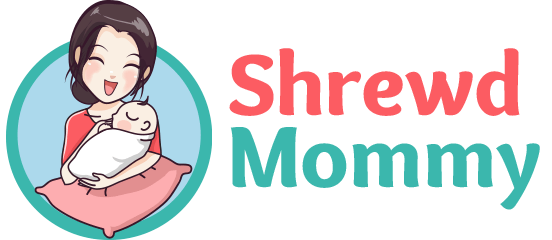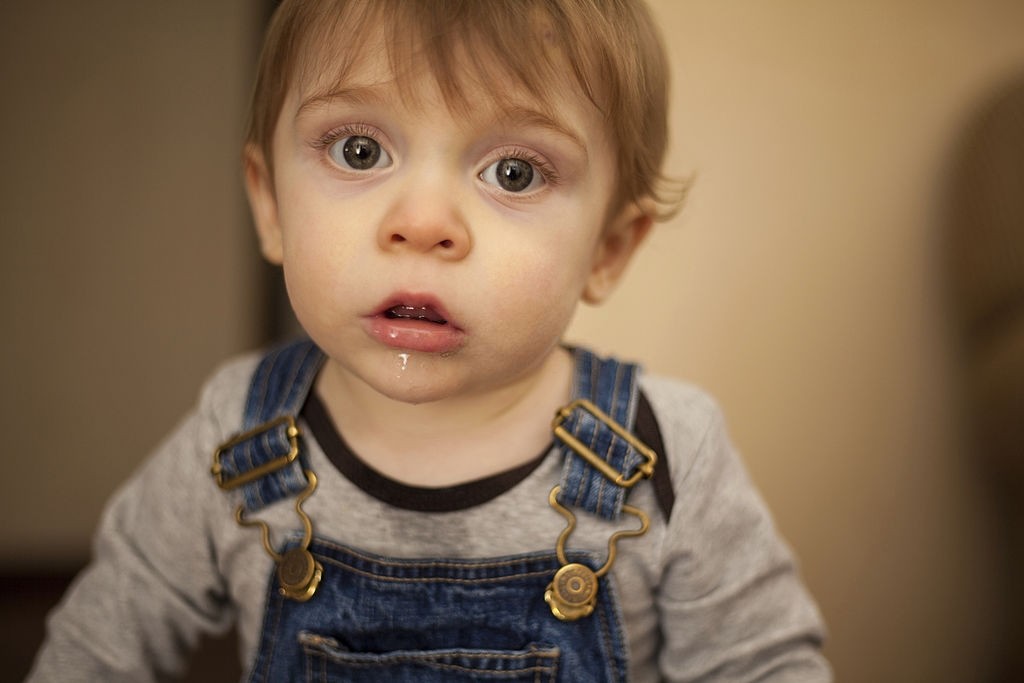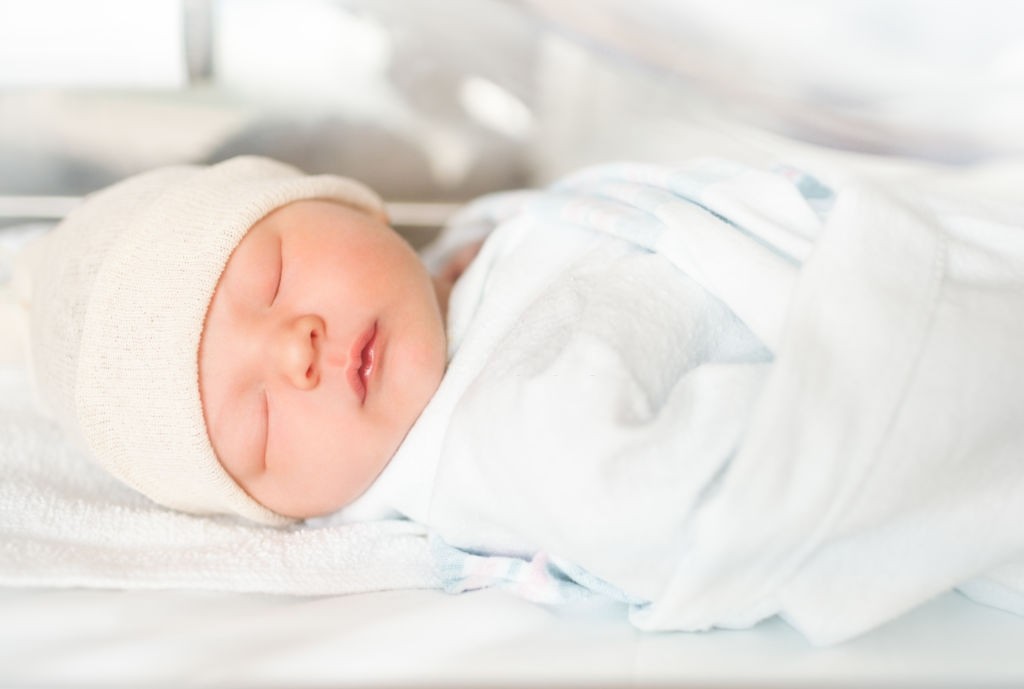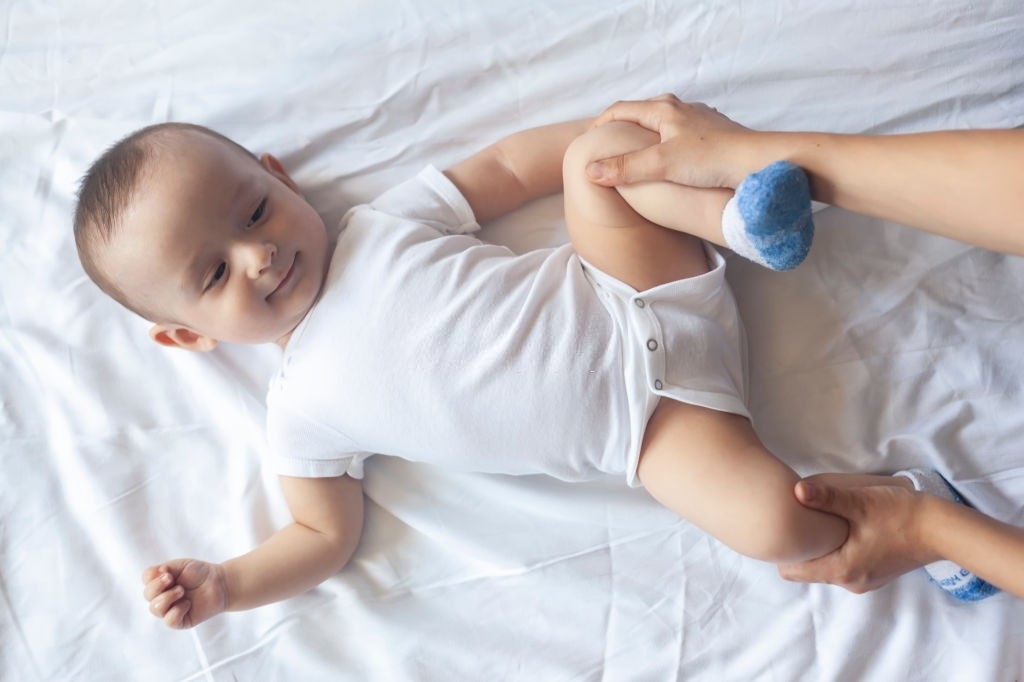Drooling and drooling bubbles are normal during the beginning period of babies’ development. Many parents misunderstand that drooling is related to diseases in babies; however, it is not true.
Drooling often occurs when babies are just 1 or 2 months of age. It is intensified in the third month and will stop when their first set of teeth is complete. This is a common symptom that every child has.
Why Do Babies Drool?
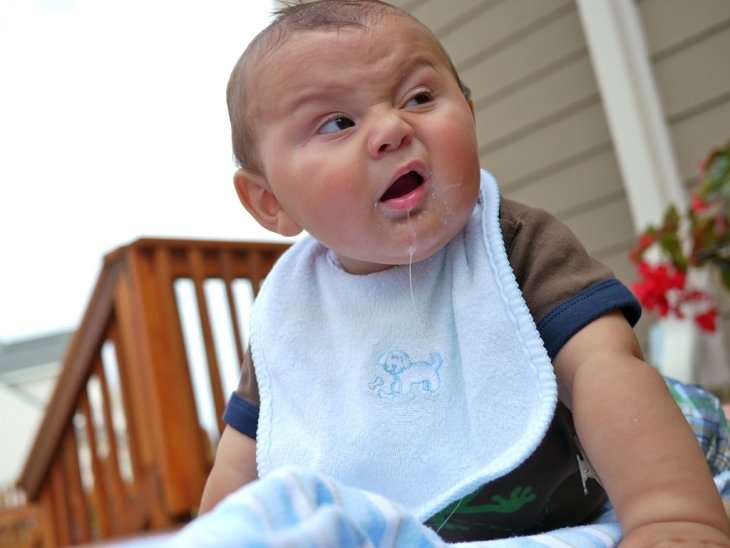
There are four main reasons leading to babies’ drooling:
Teething
First of all, drooling is caused by teething. It takes about 6-8 months for infants’ teeth to begin to grow. To some babies, nevertheless, this can happen earlier when they are three months of age.
New development phase
The second reason for drooling in toddlers is simply physical development. If your baby is 3-month old, his saliva bubbles will appear more than previous phases. This marks a sign when babies go to a new period of development.
Hunger
Being hungry also is another trigger for saliva bubbles. For example, if your baby is usually fed at 6 a.m but if this feeding time is late, he will drool excessively. In some cases, even smelling breastmilk from tissues, a baby also can drool.
Signs of diseases
Normally, drooling is common in babies, but sometimes it can show and result from a bad health condition such as coughing, sore throat, heartburn or an infection. This is a key point that parents should keep an eye on their babies.
What is a Relation Between Drooling and Eating Hands?
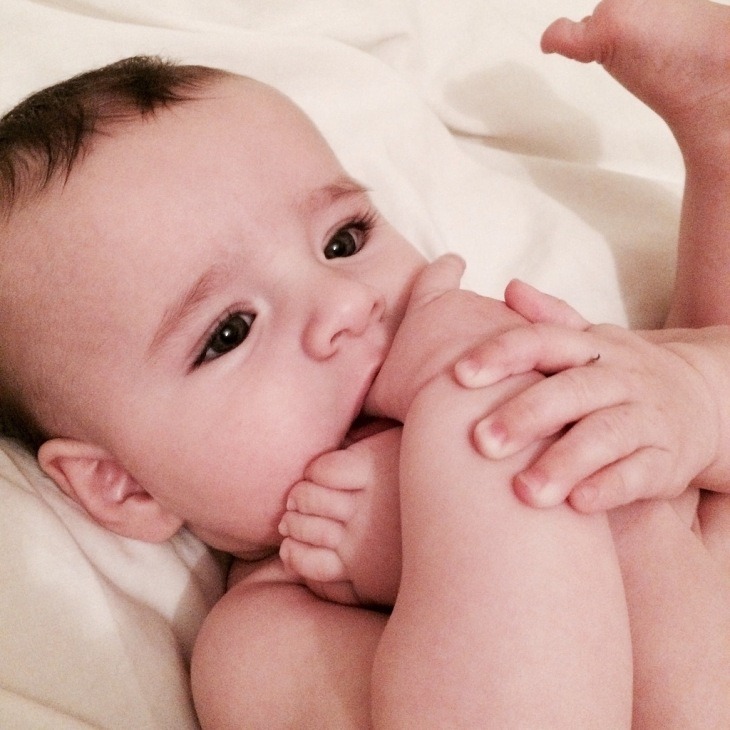
Drooling usually goes with chewing on hands. As a baby shows his curiosity about surrounding environment, he often brings any objects and hands to mouth to feel because baby’s cognitive development at this time is quite slow and limbs are still clumsy.
Parents are normally worried about babies’ eating hands since they think it is the main cause resulting in contagious diseases and weakening the antibody system. However, some recent health reports indicate that chewing fist can raise toddlers’ resistance against the virus. It is common during 2-3 first years of a baby.
What are Benefits of Saliva Bubbles?
As mentioned above, drooling and drooling bubbles is normal at the starting phase of babies’ development. Moreover, saliva bubbles are thought to be beneficial for them. This is a surprising effect that we may not know.
The first advantage of saliva bubbles is softening and moisturizing solid foods which are not easily digested or chewed by babies’ new-grown teeth. When babies bring foods on the mouth and suck them, saliva will saturate and moisture foods.
The second benefit of saliva bubbles is moisturizing babies’ mouth. Undoubtedly, their mouth is often dry after a night sleeping; therefore, saliva moistures their tongue and prevents coughing.
Another good point of saliva bubbles is smoothing swallowing process. In this case, saliva plays an important role in lubricating babies’ throat and intestine. It paves the way for foods more easily come to stomach.
Additionally, saliva flowing from infants’ mouth is said to protect their teeth from being decayed. Despite the fact that breast milking is the main food to them, if not being kept hygienic, babies’ teeth can be painful. Thus, as a natural and innate way, saliva bubbles will appear to clean their teeth.
Last but not least, saliva can neutralize acid in babies’ stomachs. This helps foods when being swallowed can easily digest. Saliva bubbles are obviously good for their weak digestion process at the beginning period of life.
However, saliva bubbles flowing from babies’ mouth can irritate babies’ chin and cheeks. These delicate areas may turn red and cause discomfort for them. In some worst situations, babies can get allergies.
How Can Parents Restrict Babies’ Drooling?
Although drooling and drooling bubbles is nothing to worry, restricting it can bring more comfort for your baby. These following approaches are useful for parents to curb on their babies’ drooling:
Using bibs
First and foremost, parents can use bibs for babies. This is a popular way helping to wipe out saliva bubbles and prevent it from flowing to their neck and chest. We should choose soft bibs for infants to avoid affecting babies’ tender skin.
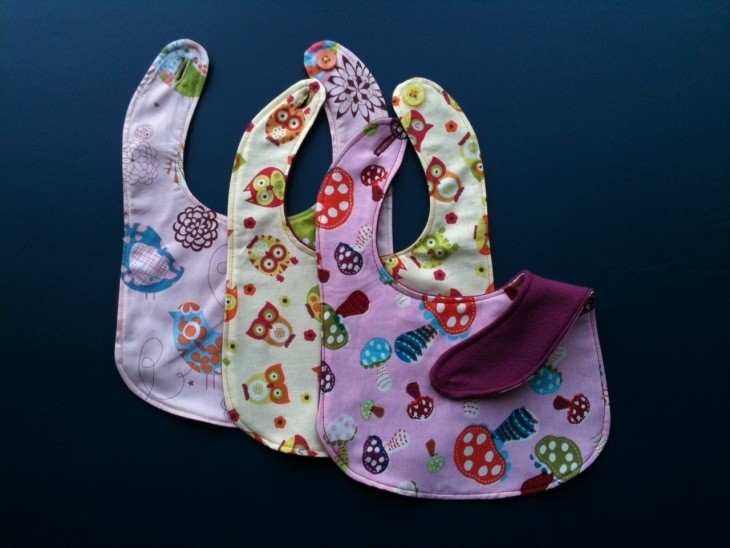
Papaya or pineapple juice
Another good way to restrict drooling of a baby is using papaya or pineapple juice. In fact, this solution has not yet studied, but it is highly recommended from doctors. It is thought that this kind of fruit juice can enhance babies’ digestion system.
Using cool teething rings
Teething is one of the main reasons causing drooling. Therefore, parents can apply cool teething ring for their babies. This can alleviate pain for them and avoid drooling excessively. Keep in mind that do not put a cool teething ring in the freezing level because it may be too cold for babies.
Visiting doctor
Most importantly, if your baby drools and has a fever simultaneously, please bring him to doctor as soon as possible as this symptom may stem from a serious health condition. Do not use any medicine for your baby without order and prescription of doctors.
General speaking, drooling is normal in babies who are aged more than 3 months. Saliva bubbles are good for babies during the first development phase. So there is nothing to worry about this situation. However, parents also need to know why do babies drool. They should use bibs and other effective ways to restrict drooling to make sure that babies will have a comfortable life.
